The Pixel Watch 4 quietly reshapes how we interact with AI assistants. Yes, it also brings better battery life, faster charging, improved repairability, and a gorgeous display, according to Android Authority. What stuck with me is the Raise to Talk gesture that activates Gemini.
Think about it: instead of saying "Hey Google" in a crowded coffee shop and catching side glances, you lift your wrist toward your head and a blue Gemini animation springs to life. It feels natural because it mirrors the movement we already make to check the time, which makes public interactions less awkward and more intuitive. The gesture taps into muscle memory, turning activation from a verbal command into something closer to a habit.
Why traditional voice commands feel increasingly outdated
Let's be honest, wake phrases like "Hey Google" had their moment, but in a multi-device home, things can get messy. Say the words, and three gadgets perk up at once. That confusion is common when multiple devices respond simultaneously. Voice is imprecise; it broadcasts to anything within earshot instead of a specific device.
Raise to Talk fixes that by making only the watch on your wrist respond. The shift feels less like performing to an invisible crowd and more like a quiet, personal action, which helps in public spaces, research shows.
There is also the cringe factor. Shouting commands on a bus or in a quiet library breaks social norms about private conversations. A small wrist raise reads like body language, intentional instead of disruptive.
How gesture control transforms daily interactions
The practical upside shows up all day. The gesture works while you are typing at a desk, cooking in a noisy kitchen, or moving from room to room. No need to pause your train of thought, yell over a sizzling pan, or worry about flour on the mic.
It is a one-handed move that feels more responsive than a wake word, according to user testing. By skipping the speech pipeline, wake word detection, speech to text, and intent recognition, the watch reacts the moment it spots the motion.
You also get deliberate control. The assistant only wakes when you mean it, which reduces accidental triggers from TV shows or podcasts that happen to say the magic words.
What this means for Gemini's broader evolution
This lands right as Gemini spreads across Google's ecosystem, and that timing looks intentional. The assistant is replacing Google Assistant on smart speakers and displays, PCMag reports.
Here is the why. Gemini now handles queries that used to trip up its predecessor, like comparing the weather for a weekend barbecue or adding recipe ingredients to a shopping list. It can process a string of commands without pausing, so "turn off the lights, start the vacuum, and lock the doors" works in one breath, research indicates. When the tasks get smarter, activation friction matters, and the gesture clears that hurdle.
Gemini also recognizes exceptions in natural language. "Turn off all lights except the living room lamp" is handled cleanly. Pair that with effortless activation, and you get an interaction style where complex AI feels as easy as checking the time.
The technical innovation behind seamless conversations
Here is the fun engineering bit. On Wear OS, Gemini is headed toward truly hands-free interaction through smarter microphone management. Right now, the mic shuts off as soon as Gemini responds, Android Authority discovered. That looks like phase one of a larger plan.
Code analysis shows Google is building a follow-up mode that keeps the mic open for continued conversation. The hard part is balance, always listening versus battery life and privacy. The system has to decide when a conversation is over while keeping trust intact. Raise your wrist once, then keep talking without repeating a gesture or a wake word, and the exchange starts to feel natural.
There is also a new option to mute audio replies entirely and show only text on screen. Sometimes you want quiet, other times you want spoken feedback. Any watch running Wear OS 4 or later supports these Gemini features, which makes the upgrade widely accessible.
Where gesture-based AI is heading next
Raise to Talk feels like the starting pistol. Google Assistant excelled at quick tasks and smart home control, Exabytes' research indicates. Gemini layers in deeper context and productivity tools that benefit from more nuanced access.
Google is steering mobile users toward Gemini as the new default, aiming to combine Assistant-level speed and reliability with Gemini's creative chops and human-like reasoning, Infinity Softhint reports. That is not a swap; it is a shift toward AI that fits human habits instead of making us memorize command syntax.
Future developments may weave Gemini into Google Search, Gmail, and Docs, speculations suggest. Picture gesture controls that follow you across devices and apps, where a quick wrist raise summons help anywhere. The idea can stretch beyond the wrist, too, with natural movements like head nods for confirmation, eye tracking for selection, or subtle hand cues picked up by smart rings or other wearables.
We are headed toward tech that responds the way people naturally communicate, a mix of voice, gesture, and context. The trick is not just the code, it is designing an interaction language that fades into the background so you can focus on the task, not the interface.
The Pixel Watch 4's Raise to Talk gesture might look small, yet it marks a real turn toward more natural AI. As Gemini spreads across Google's ecosystem with stronger conversation and gesture controls, we leave the awkward "Hey Google" era behind for something far more intuitive. The future of AI assistance is not only about capability, it is about access that feels effortless. This little wrist raise is a solid first step toward human AI collaboration that just clicks.




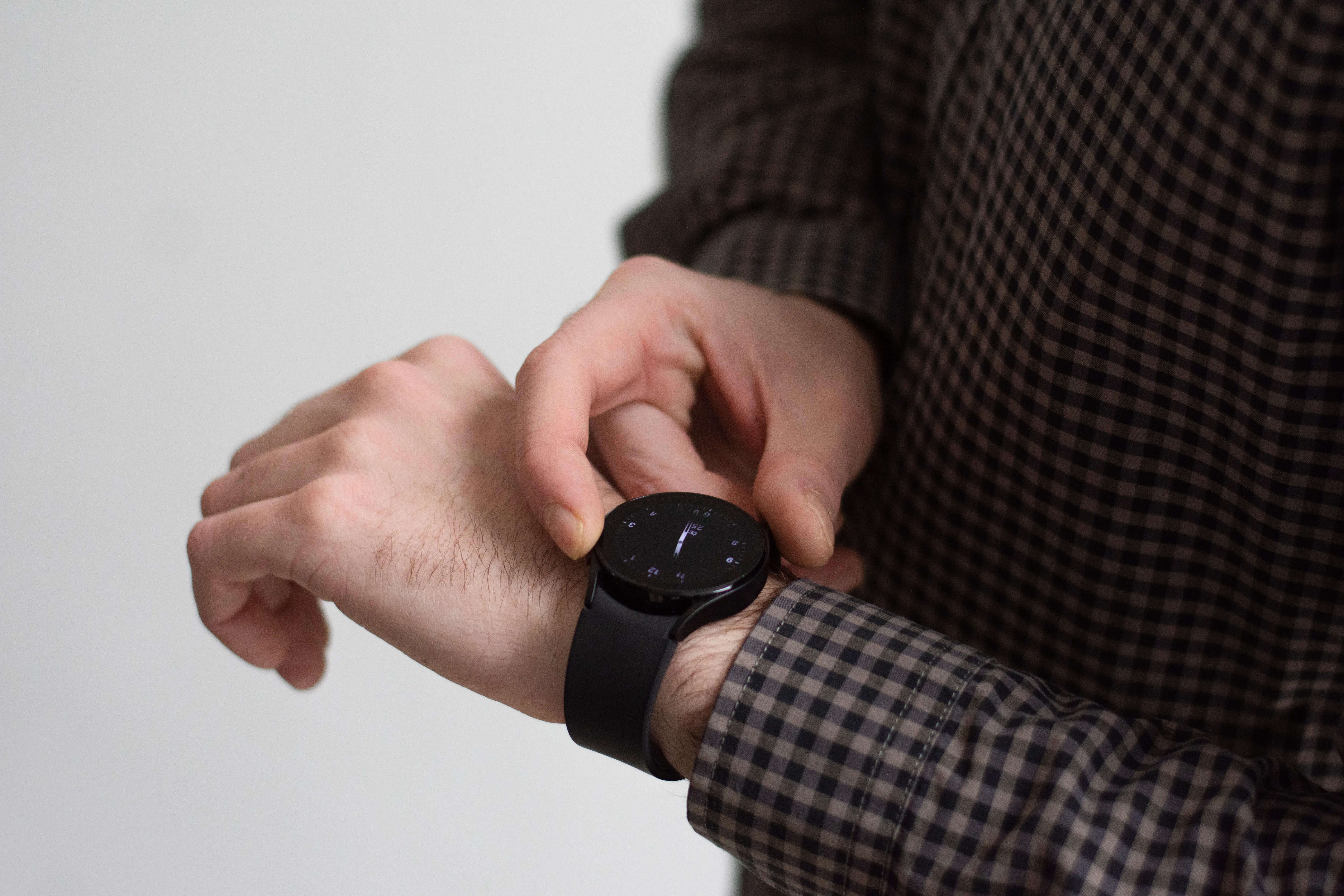


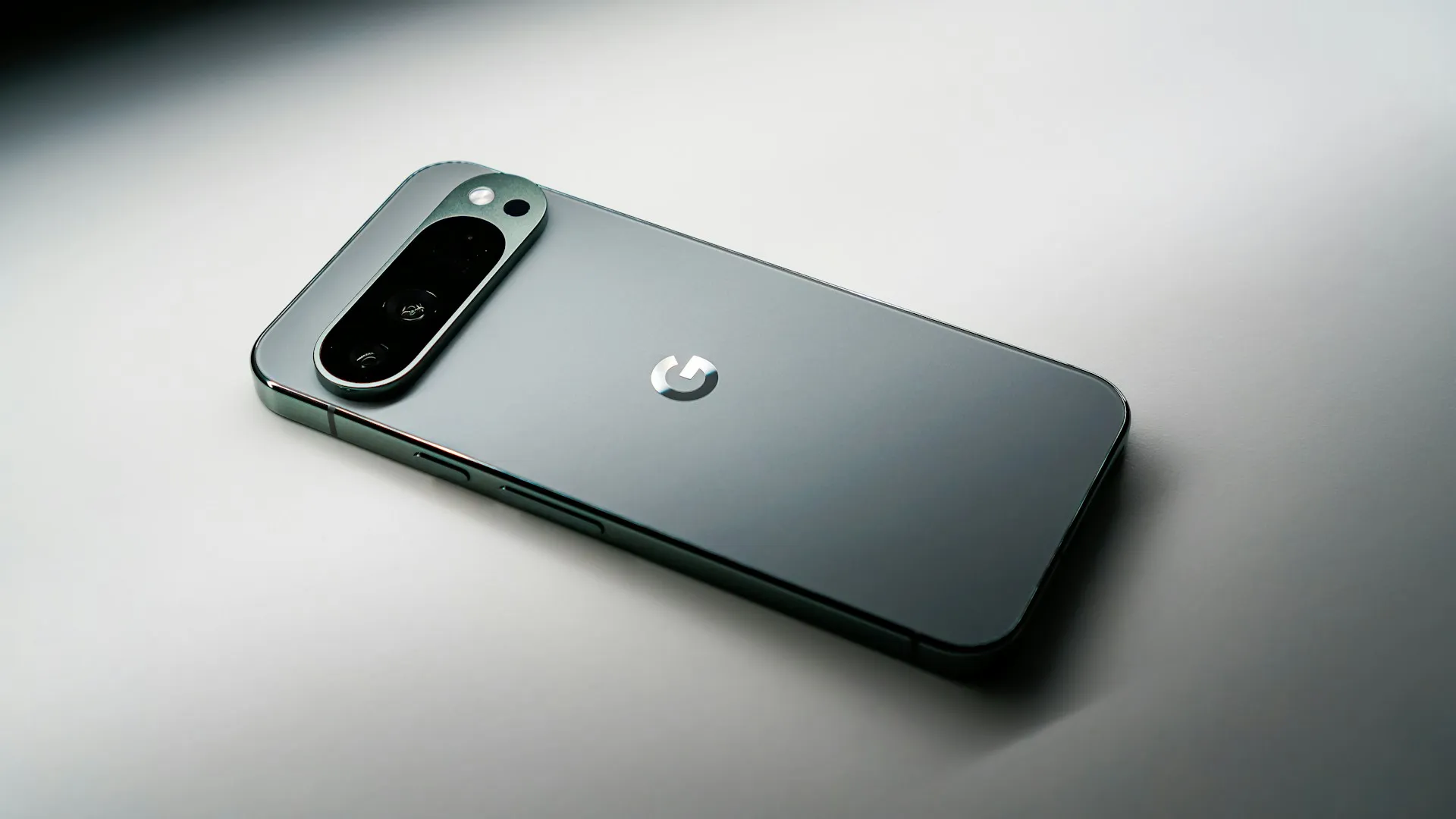




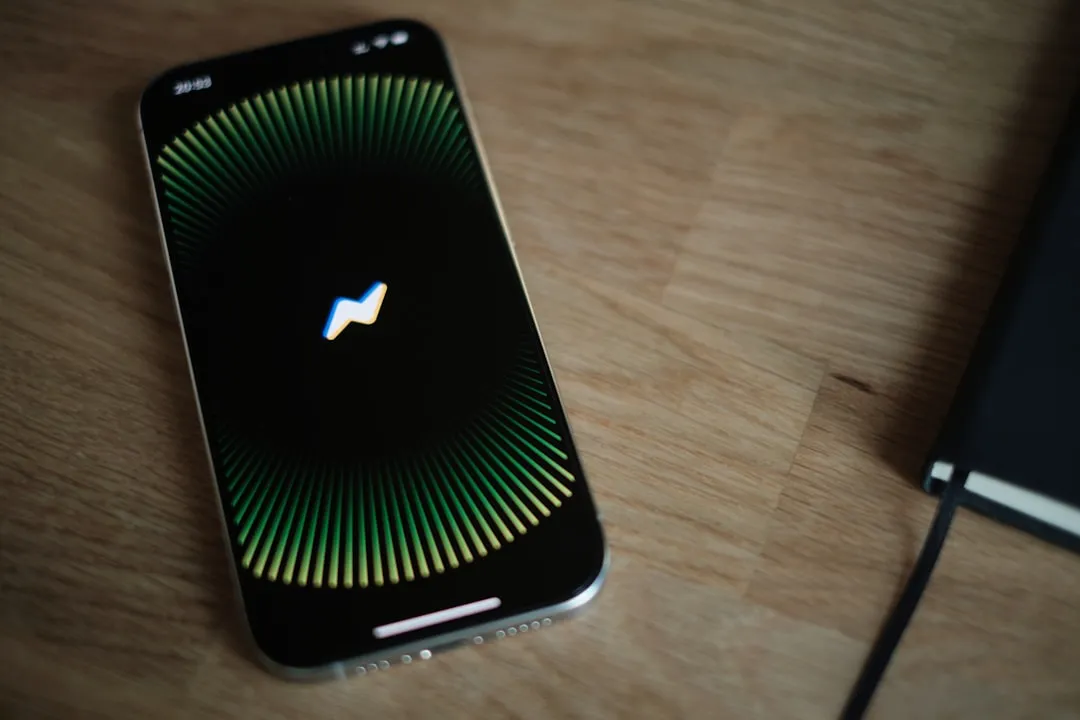

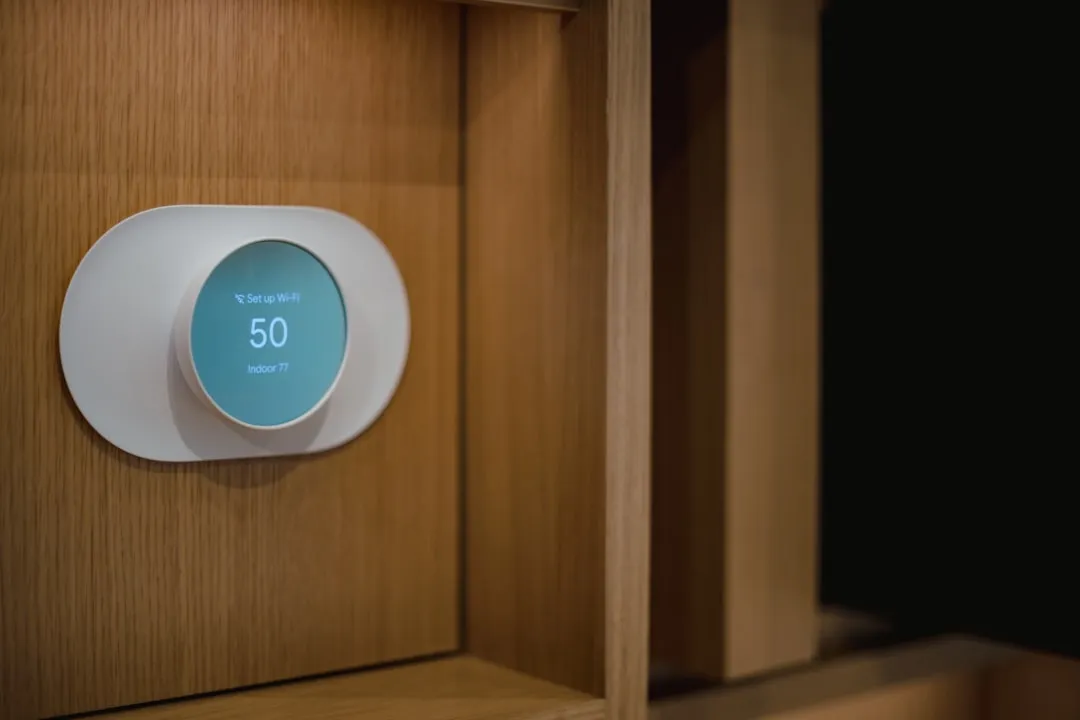

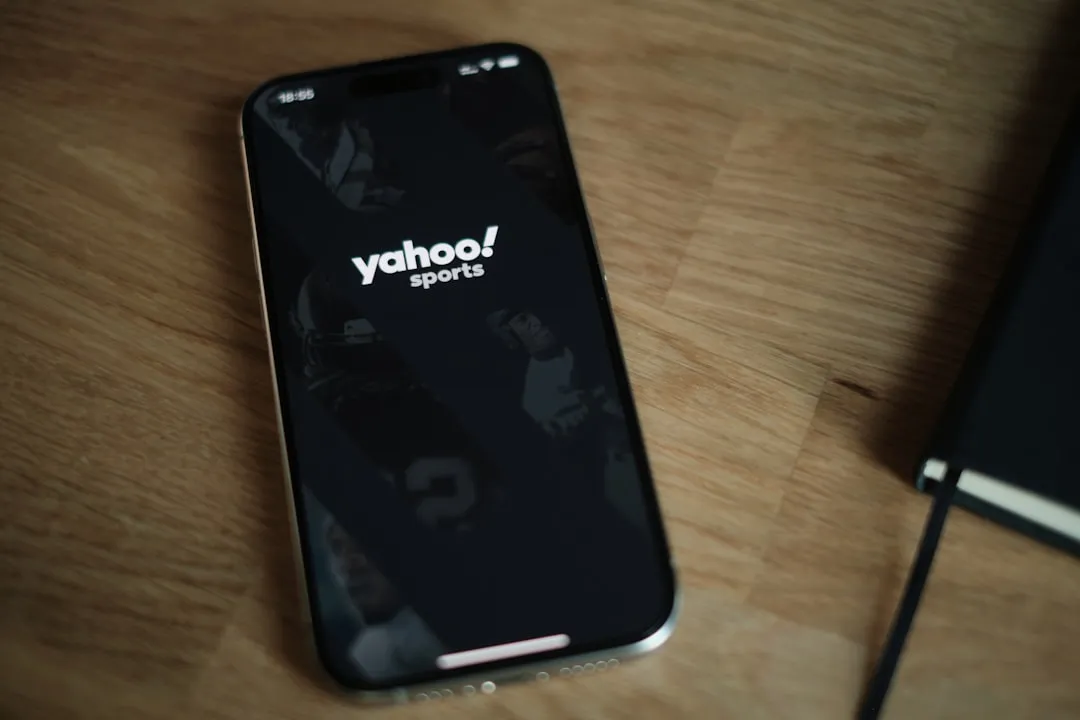

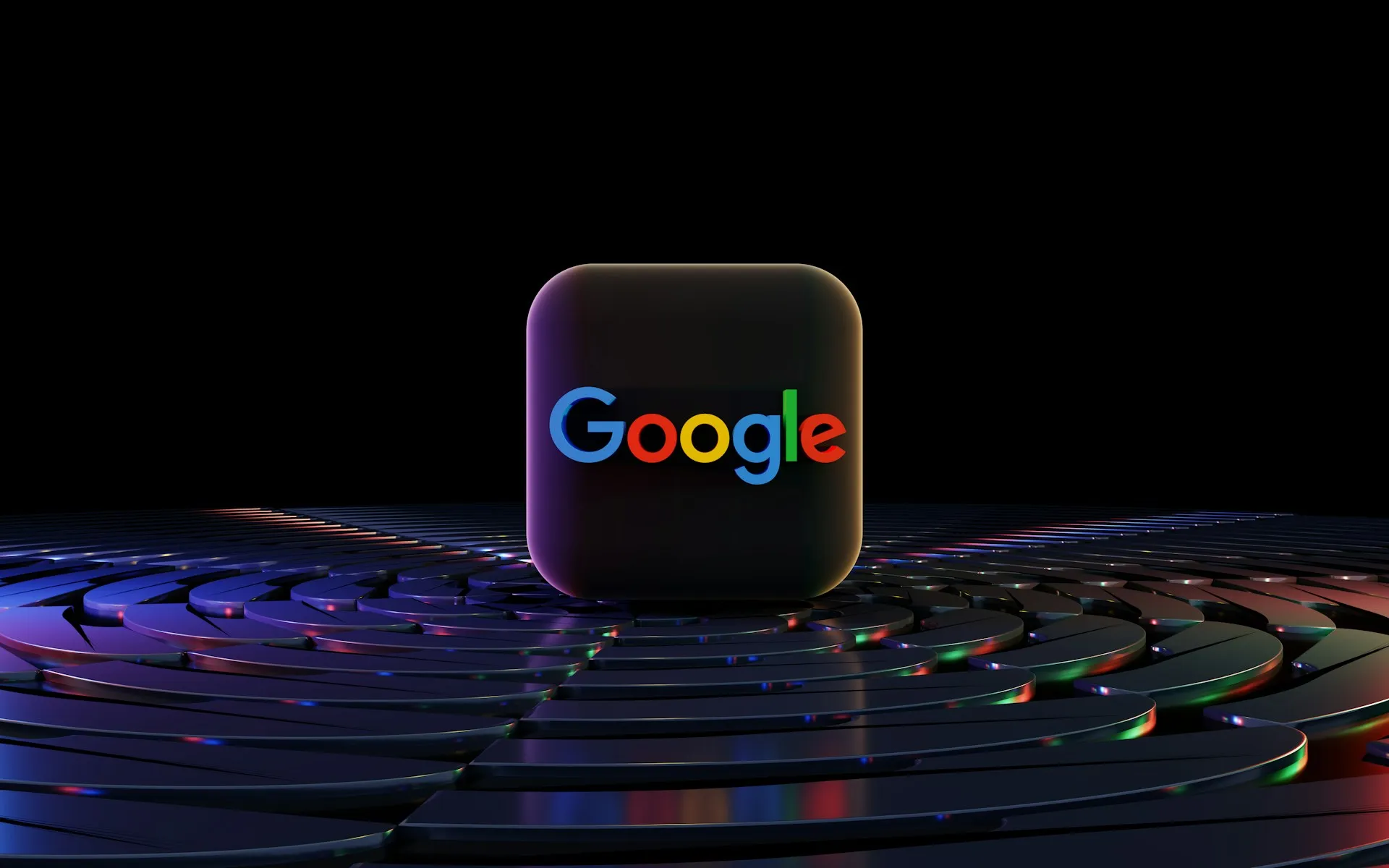


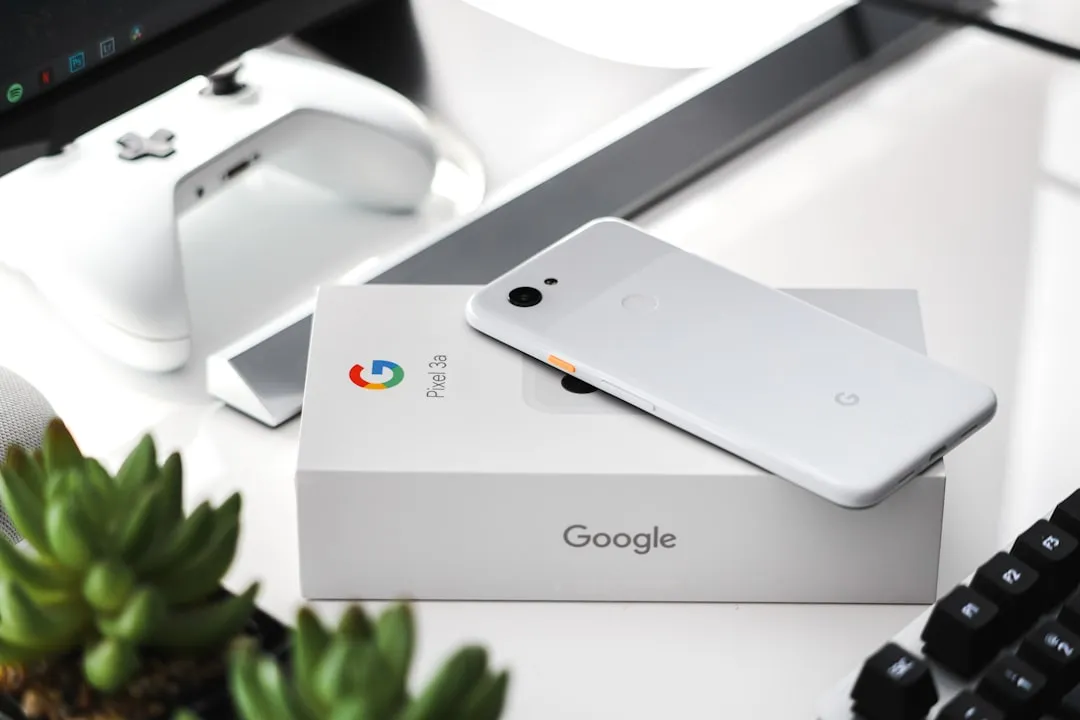

Comments
Be the first, drop a comment!